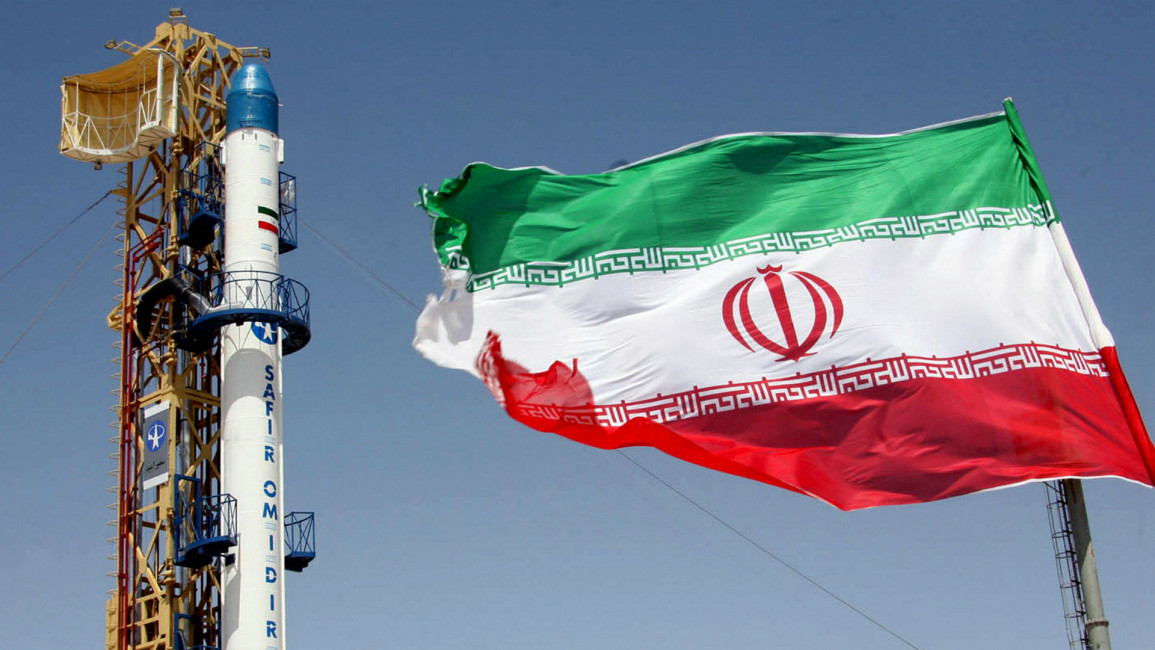Iran's space agency wants to work with NASA
Tehran's space agency has begun negotiations on technical cooperation with various European countries, as well as Russia, China and Japan, Mohsen Bahrami told reporters at the start of World Space Week.
"Many in the world look at NASA's programmes. We are interested in having cooperation, naturally. When you are in orbit, there is no country and race," Bahrami said.
However, that cooperation will only be possible with the agreement of leaders of both countries, he added.
He emphasised that Iran's civil space programme was completely peaceful.
"We have capabilities and we are part of an international scene," he said.
Iran has long harboured ambitions of putting its own satellites into orbit to monitor natural disasters in the earthquake-prone nation.
It also hopes to improve telecommunications and expand military surveillance through satellite technology.
"Currently, Iran's space programme appears to be limited to technology designed to place observational satellites into orbit as well as launching and recovering creatures from space," Tallha Abdurazaq at the University of Exeter's Strategy and Security Institute told The New Arab.
The US and its allies worry that the same technology could be used to develop long-range missiles.
 |
Iran has denied that it is using its space program to develop new weapons |  |
"As Iran improves its rocketry, it would likely be able to develop sophisticated technology that has applications in the military sphere," Abdurazaq told The New Arab.
"The Iranians may want to improve their military capabilities by developing their ability to launch rockets into space. It is unlikely the Saudis will sit idly by as their rival gains long-range strike capabilities that could threaten it."
Iran's defence ministry - which is in charge of launching satellites - has denied that it is using its space programme to develop new weapons.
Iran says it is willing to share its scientific findings and satellite data with other countries.
Over the past decade, Iran has sent dummy satellites into orbit.
Bahrami said Iran plans to send three domestically-made mini-satellites into a low Earth orbit by early 2018.
At least three Iranian universities are working to develop satellites, sponsored by the Iranian space agency.
In 2013, Iran sent a monkey into space and set up its first space tracking center to monitor objects passing in orbit overhead.
Agencies contributed to this report.



